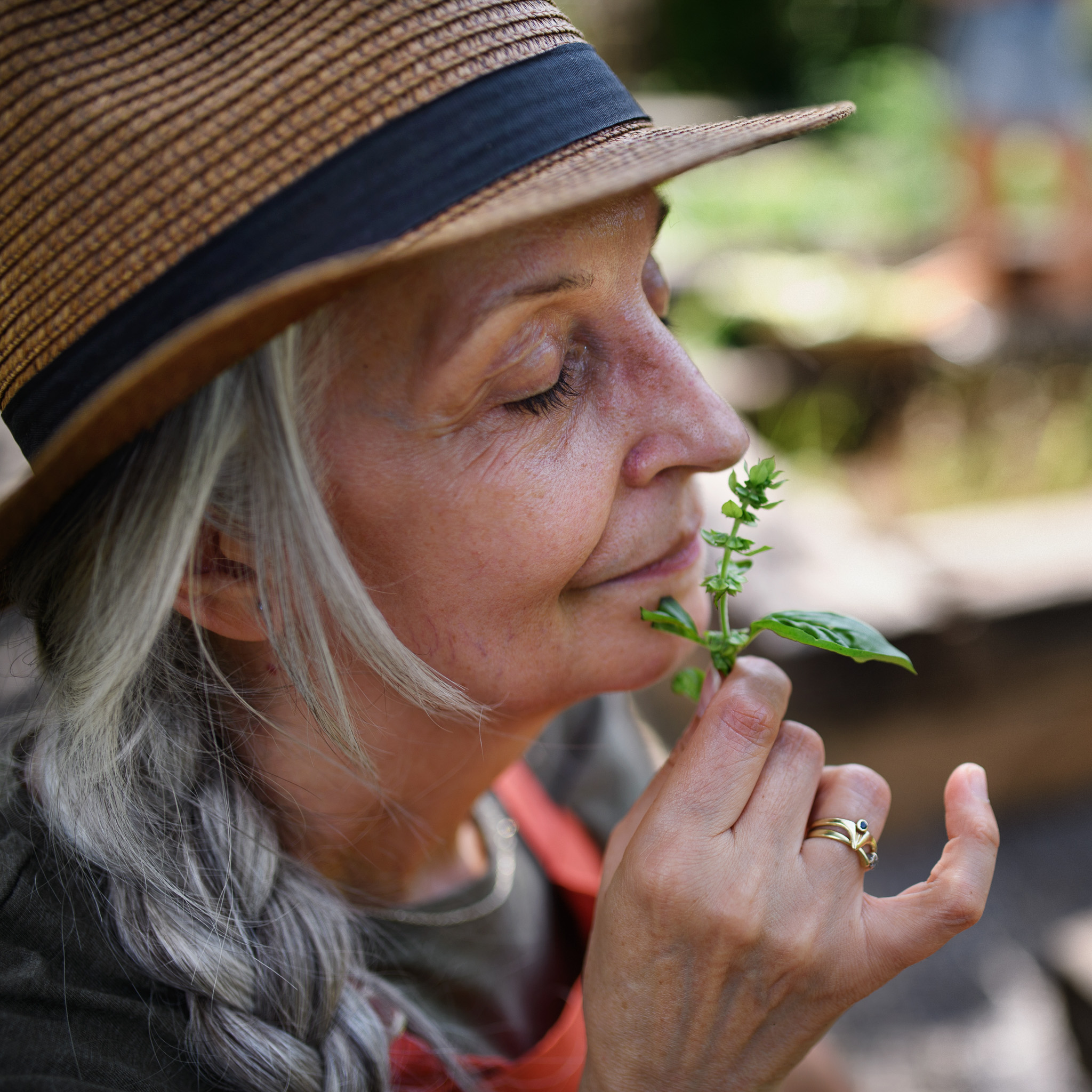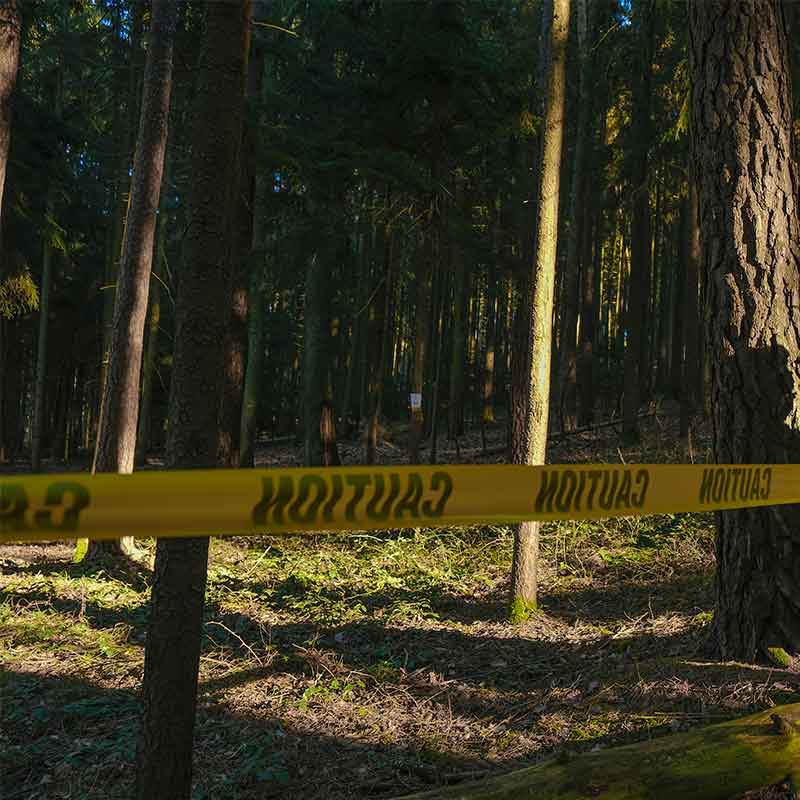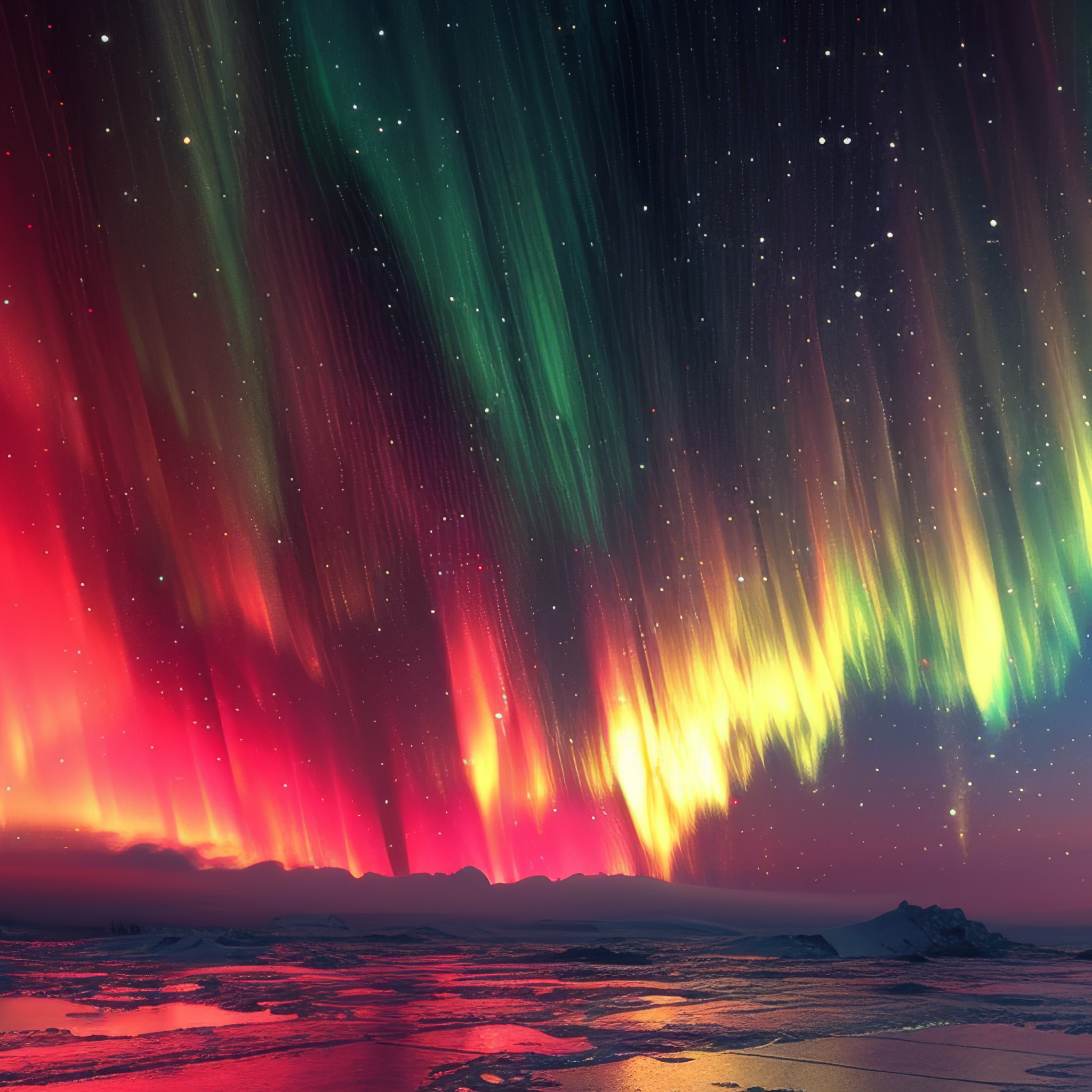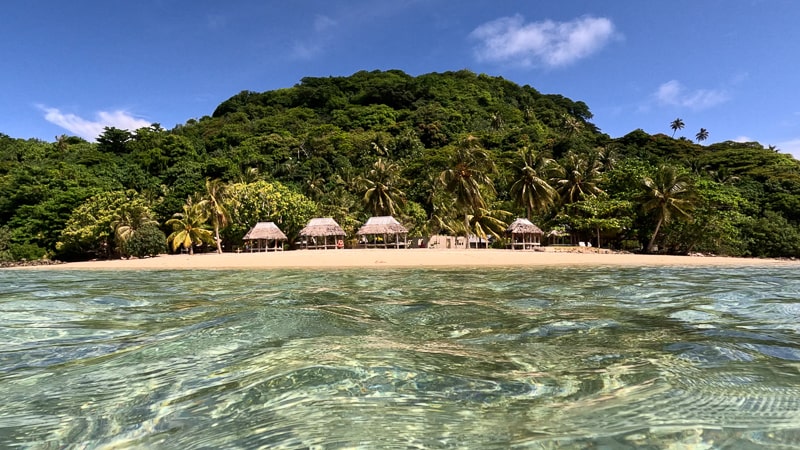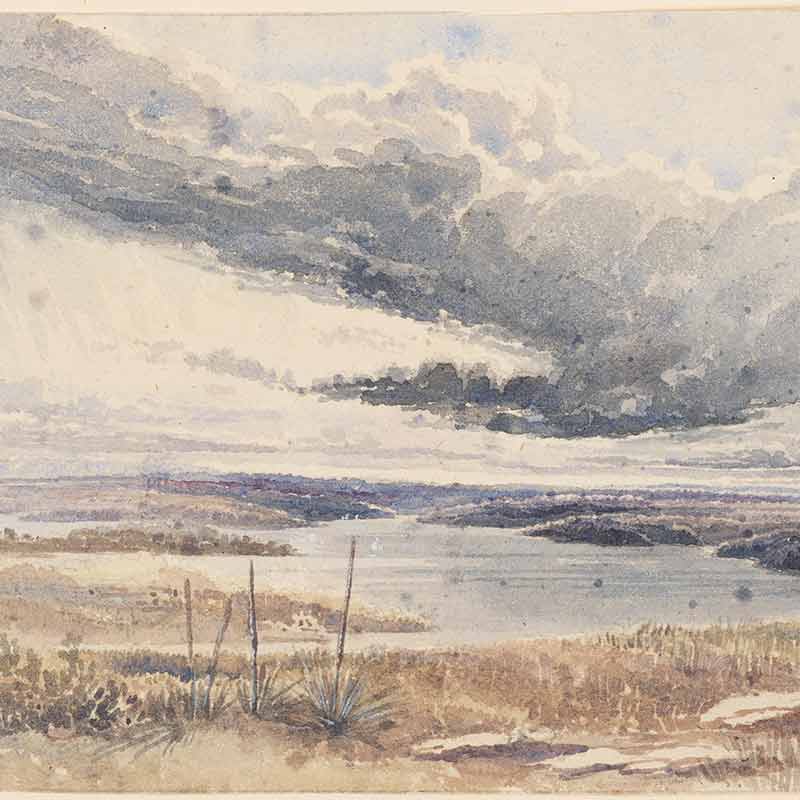Science
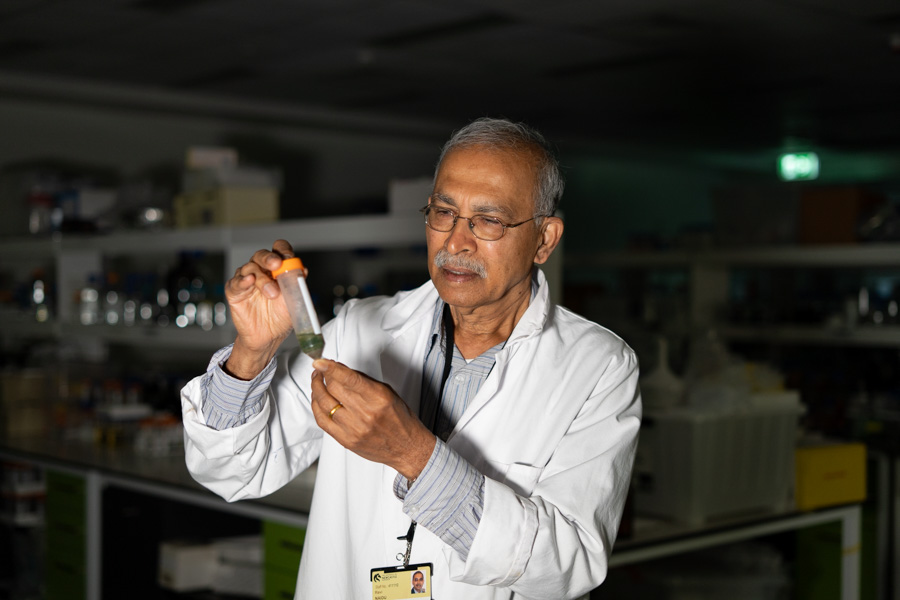
Tackling the chemicals we can’t see: PFAS
PFAS contamination is persistent, but so is the determination of scientists working on solutions to remediate it.
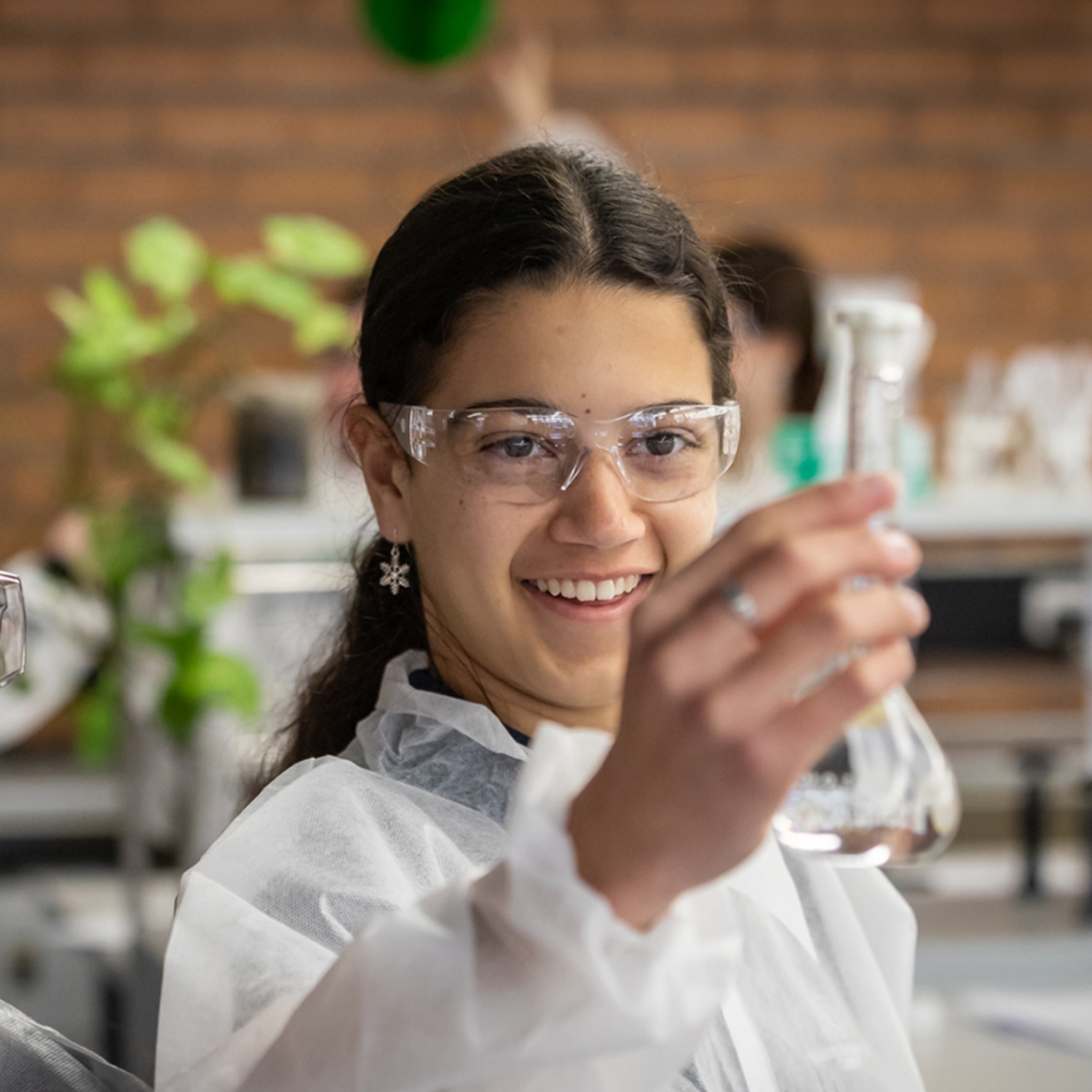
Girls to the front
Female high school students in the Hunter are being inspired to pursue meaningful careers in STEM thanks to a unique program created over a conversation at a campus cafe.

Why are sunsets so pretty in winter? There’s a simple explanation
If you live in the southern hemisphere and have been stopped in your tracks by a recent sunset, you may have noticed they seem more vibrant lately.
